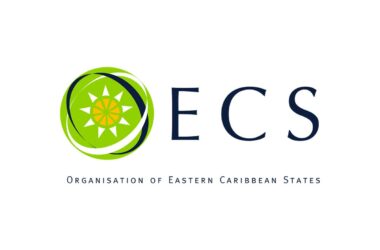Recent discussions on several issues happening in the streets, on social media and other outlets have drawn our attention to a term known as ‘representative democracy’.
And while the term was never the subject of the discussions, we concluded that if representative democracy was understood by many of those involved in the discussions over the past few days, the discussions would have been better orated and more enlightening.
Representative democracy is a form of government in which the people elect officials to create laws and policies on their behalf. Nearly 60 percent of the world’s countries employ a form of government based on representative democracy, including the U.S. (a democratic republic), the UK (a constitutional monarchy), and France (a unitary state). Representative democracy is sometimes called indirect democracy.
The people elect officials to create and vote on laws, policies, and other matters of government on their behalf and this is called indirect democracy or ‘representative democracy’. It, therefore, is fair to say that the opposite of that type of democracy would be ‘direct democracy’, which would be the people themselves voting on every law or policy considered at every level of government.
Even with our small population, managing a democracy where the people are asked to vote on every law, policy, decision or other matters of government would be time-consuming, problematic, perhaps chaotic or unmanageable, knowing how severe political tribalism is in Saint Lucia and how it has resulted in a political divide where people vote strictly on party lines.
Some of us are either ignorant of or refuse to accept that the powers of the elected representatives are defined by the Constitution, which establishes the basic laws, principles, and framework of the government. Also, that elected representatives have the power to select other government leaders, such as a prime minister.
Let us not forget that an independent judiciary body, such as the OECS Supreme Court, has the power to declare laws enacted by the representatives as unconstitutional.
In some representative democracies with bicameral legislatures, like Saint Lucia, one chamber is not elected by the people, example the Senate.
Representative democracy is the most prevalent form of government. As such, it has both advantages and disadvantages to the government and the people.
Pros
It’s efficient: A single elected official represents the desires of a large number of people. By conducting a limited number of national elections, countries with representative democracies save time and money, which can then be devoted to other public needs.
It’s empowering: The people of each of the country’s political subdivisions (state, district, region, etc.) choose the representatives who will make their voices heard by the national government. Should those representatives fail to meet the expectations of their constituents, the voters can replace them in the next election.
It encourages participation: When people are confident that they have a say in their government’s decisions, they are more likely to remain aware of issues affecting their country and vote as a way of making their opinions on those issues heard.
Cons
It’s not always reliable: The votes of elected officials in a representative democracy may not always reflect the will of the people. The officials are not bound by law to vote the way the people who elected them want them to vote. Unless term limits apply to the official in question, the only options available to dissatisfied constituents are to vote the representative out of office in the next regular election or, in some cases, to demand a recall election.
It can become inefficient: Governments shaped by representative democracy may develop into massive bureaucracies, which are notoriously slow to take action, especially on momentous issues.
It can invite corruption: Candidates may misrepresent their stances on issues or policy goals in order to achieve political power. While in office, politicians may act in the service of personal financial gain rather than for the benefit of their constituents (sometimes to the direct detriment of their constituents).














